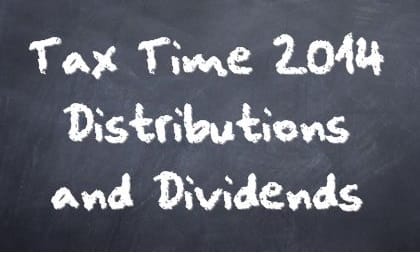
The concept of a “sharing economy” has been around for long enough now to have had a very real impact on how our financial transactions are conducted. As for the taxation treatment of these transactions, the ATO has found it necessary to provide guidance. By now, most people will have realised that the “sharing” part of the concept does not refer to an absence of any monetary exchange, but rather to the use and access of shared physical or human resources or assets. The means…




